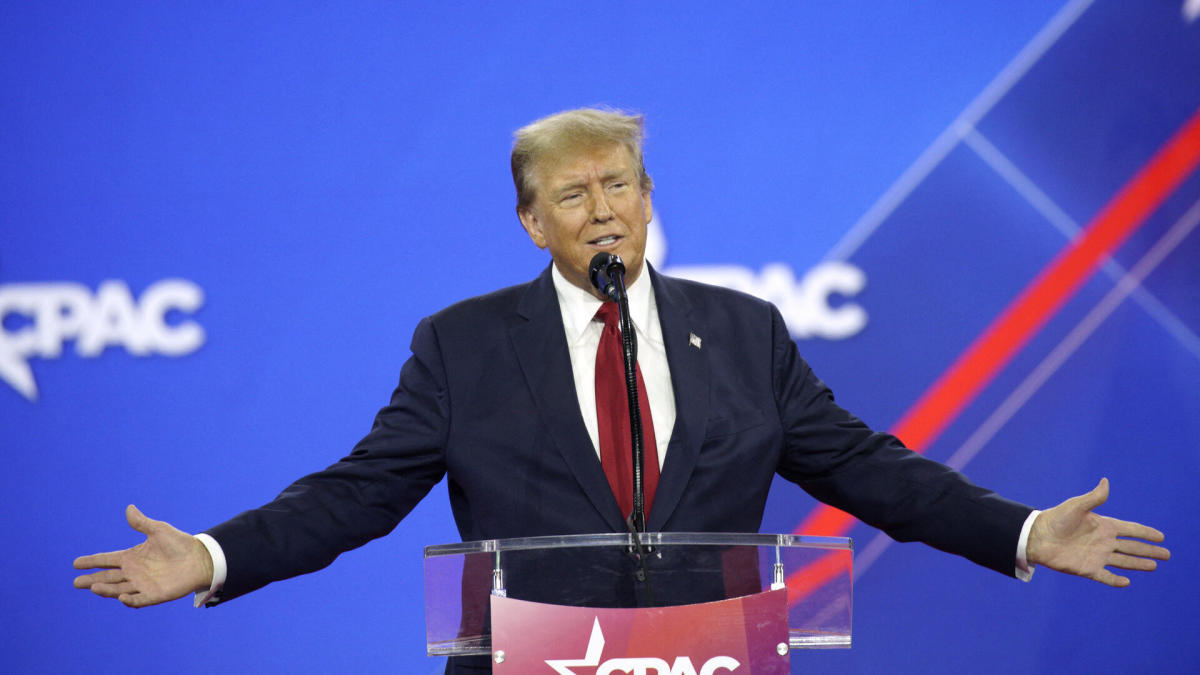I’m an Economist: Here’s What a Trump Win in November Would Mean for the Tax Burden on the Poor
The 2017 Tax Cuts and Jobs Act implemented by the Trump administration resulted in slashing the corporate tax rate by 14%, cutting individual income tax rates and increasing the standard deduction.“Many of the household tax reforms included in the bill expire in 2025,” wrote William G. Gale of The Brookings Institution, “meaning that whoever wins the election will have the opportunity to either fight to extend the legislation or let it lapse.”
Wealthy corporations and individuals lauded this tax overhaul. But what would a Trump win in the upcoming presidential election mean for the tax burden on the poor? It may depend who you ask. According to Stan V. Smith, economist and adjunct professor at The University of Chicago, “it would go down or remain unchanged.”
Why exactly is that?
In all likelihood, Trump would extend the 2017 legislation. And “under Republican administrations in general, tax collections go up as rates get cut,” stated Smith — meaning that as taxes are reduced, the top 1% pay more in taxes.
How does that make sense?
Smith explained that most people would be surprised to learn that the upper 1% is responsible for paying more than 50% of total taxes. “The common person doesn’t understand how huge the tax burden is on the top 1% so they look for ways to avoid it. When you reduce [the tax rate], the top 1% evades less and pays more.” This counterintuitive phenomenon was best explained by Smith’s thesis advisor at The University of Chicago, Arthur Laffer, who introduced the Laffer Curve demonstrating that cutting taxes paradoxically results in increased tax revenue.

I’m an Economist: Here’s What a Trump Win in November Would Mean for the Tax Burden on the Poor
The 2017 Tax Cuts and Jobs Act implemented by the Trump administration resulted in slashing the corporate tax rate by 14%, cutting individual income tax rates and increasing the standard deduction.
